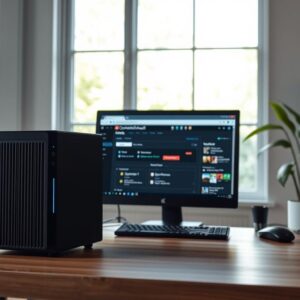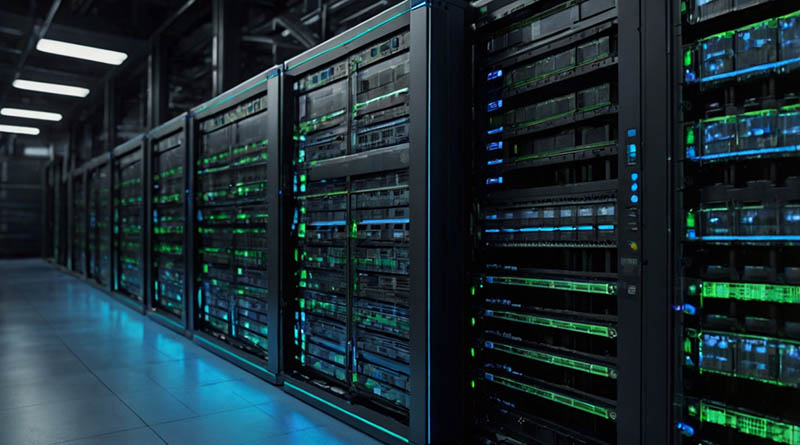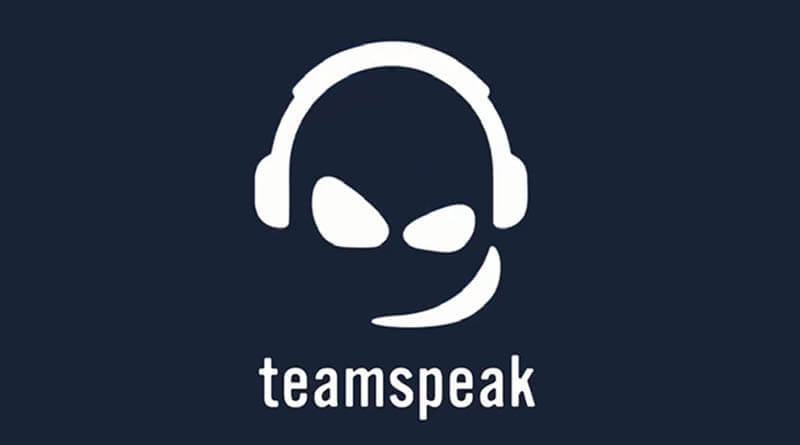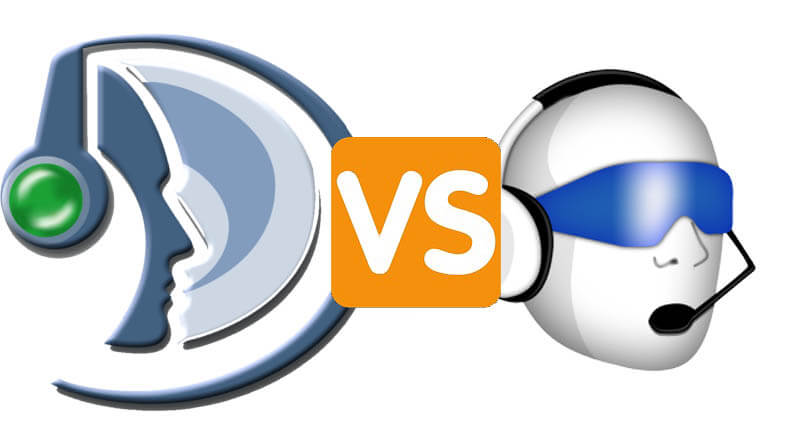Consider a personal DNS? Domain Name System (DNS) serves as the internet’s phonebook. Every time you visit a website, your computer or device needs to convert the website’s human-readable domain name (like www.example.com) into an IP address to access its content. While many people rely on their Internet Service Provider (ISP) or third-party DNS providers for this service, some choose to run their own DNS on their home networks. Here are the advantages and disadvantages of making such a choice.
Advantages of a personal DNS
- Increased Privacy: Running your own DNS means you can prevent third-party providers or ISPs from seeing your domain name lookups. This adds a layer of privacy since these DNS requests can sometimes reveal the websites you visit.
- Better Performance: By tailoring the DNS settings and server to your own network, you can potentially achieve faster domain name resolution times. This can result in quicker website loading times.
- Custom Domain Blocking: Running your own DNS allows you to blacklist specific domains, creating a customized browsing experience. This can be useful for blocking ads, malicious sites, or websites that aren’t appropriate for children.
- Local Domain Resolution: For advanced users with home labs or internal servers, having your own DNS means you can resolve local domain names within your home network.
- Increased Security: You have more control over security settings, allowing for DNSSEC validation, DNS over TLS, or DNS over HTTPS, which provide more secure domain name lookups.
- Learning Experience: Setting up and managing a DNS server can be an excellent learning experience for those interested in networking and internet technologies.
Disadvantages of a personal DNS
- Complex Setup: Setting up a DNS server can be technical and might be challenging for those without experience in network configurations.
- Maintenance Requirements: DNS servers, like any other software, will occasionally need updates and maintenance. This can mean periodic downtime or the need to troubleshoot issues.
- Security Risks: If not configured properly, a home-run DNS server can be vulnerable to attacks, such as DNS amplification attacks. This not only risks your own network’s security but can also be exploited to execute attacks on others.
- Potential for Errors: Mistakes in DNS configuration can lead to inaccessible websites or slow resolution times, affecting your browsing experience.
- Redundancy Concerns: Commercial DNS providers usually have multiple servers spread across various locations for failover and redundancy. A single home DNS server doesn’t have this benefit, making it a single point of failure.
- Resource Consumption: Running a DNS server requires some resources. Although the consumption might be minimal for lightweight solutions, it’s still an additional load on your home network.
Conclusion
Running your own DNS on your home network can offer enhanced privacy, performance, and customization. However, these benefits come at the cost of complexity and the need for ongoing maintenance. Before making the leap, it’s crucial to weigh the pros and cons and evaluate whether the advantages align with your needs and technical expertise.
Change DNS settings in Debian.





